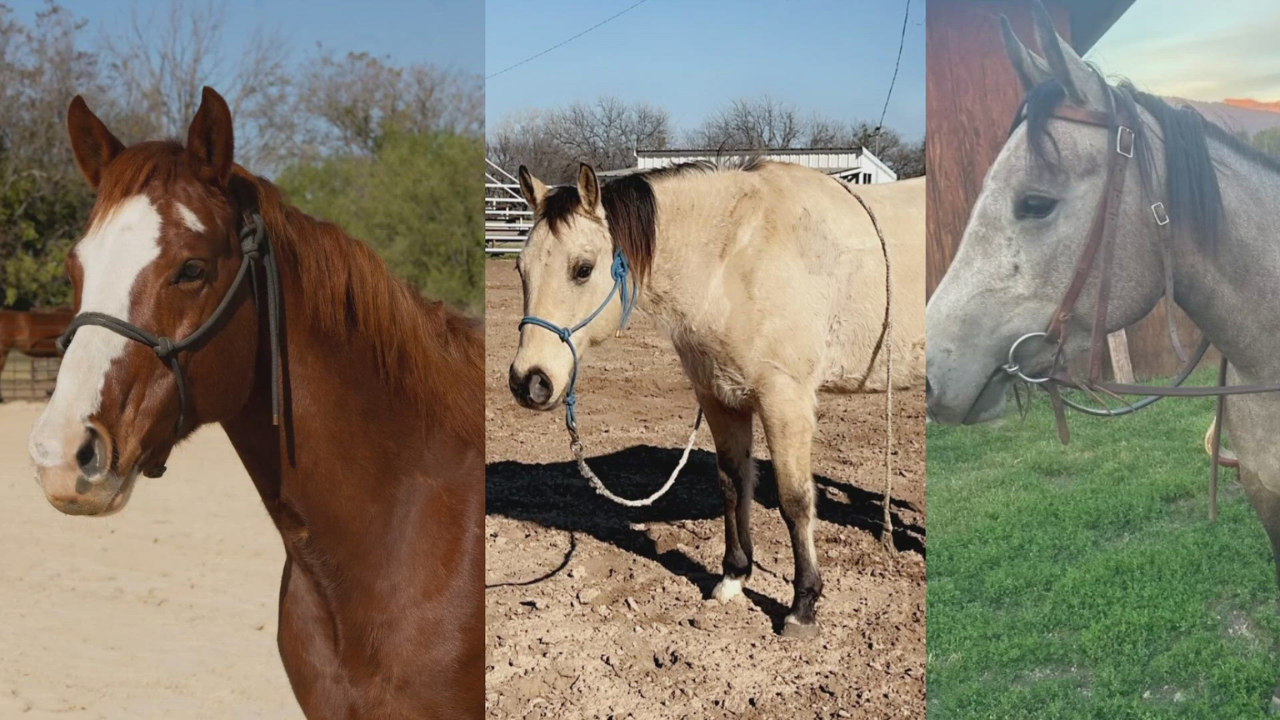A swarm of Africanized bees has caused the tragic deaths of three rodeo horses in a rural area in Texas. The incident occurred when the bees attacked the horses while they were being housed in a stable.
The attack left the animals unable to escape the aggressive swarm, and despite efforts to save them, all three horses died.
Africanized bees, often referred to as “killer bees,” are known for their heightened aggression compared to other types of bees.
They are more likely to sting in large numbers when they feel threatened, and their attacks can be fatal, especially to animals that are unable to flee or defend themselves. The horses, in this case, were completely overwhelmed by the sheer number of bees and suffered fatal stings.
Local animal rescue groups and experts have warned that these bees have been spreading rapidly across the southwestern United States, and this tragic incident highlights the dangers they pose.
It’s crucial for ranchers and property owners to be vigilant and take measures to prevent bee colonies from establishing nests near livestock or other vulnerable animals.
Authorities are investigating the attack and have emphasized the need for proper precautions. In addition to ensuring the safety of animals, experts recommend that anyone who encounters Africanized bees should remain calm and avoid provoking them.
The recent attack serves as a reminder of the unpredictable nature of these bees and the damage they can cause when they swarm.
The incident has also sparked conversations within the rodeo and farming communities about the growing presence of Africanized bees in the area.
Many are now seeking ways to better protect their animals and prevent similar tragedies from happening in the future.
As investigations continue, local authorities are working to identify the source of the bee swarm and are urging residents to report any unusual bee activity to help control the spread of these dangerous insects.
Disclaimer- Our team has thoroughly fact-checked this article to ensure its accuracy and maintain its credibility. We are committed to providing honest and reliable content for our readers.






